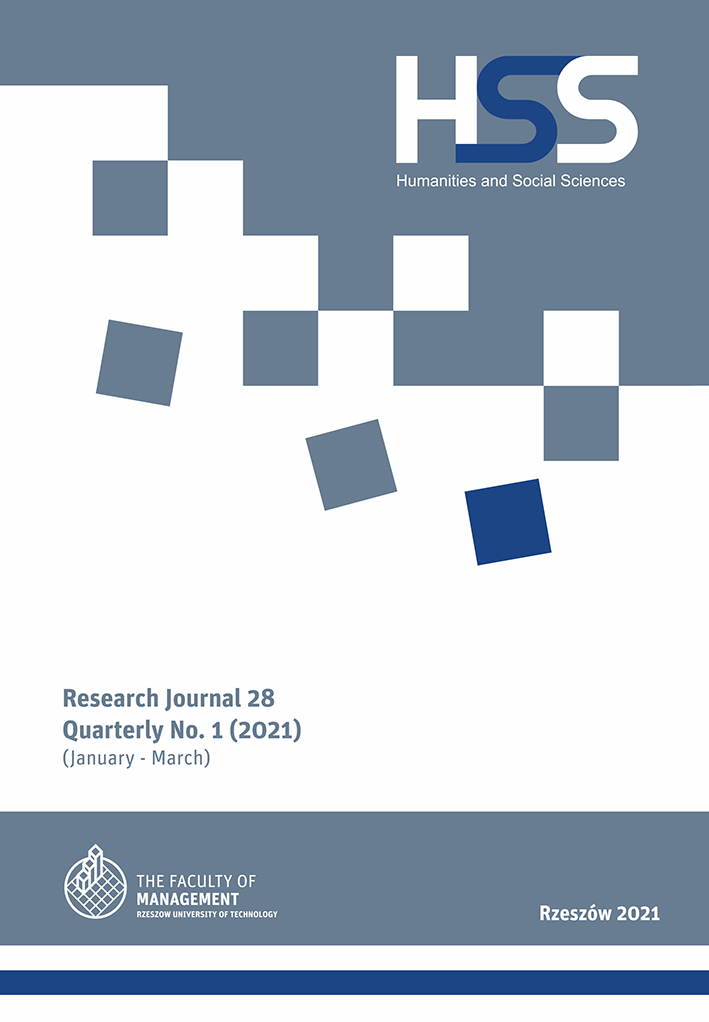Abstrakt
This article constitutes a continuation of the research conducted so far in the domain of collective consumer redress in the European Union. The aim of the article is to discuss the issue of various legal mechanisms functioning in the selected EU Member States that serve consumers as a means of collective redress. In the first part of this paper, it was presented that the models of consumer protection vary significantly in the individual Member States. After having scrutinized some terminological remarks regarding consumer law enforcement, the main analysis focuses on the legal solutions adopted in Belgium. In the second part of the discussion, the author presents relevant legal solutions adopted in the UK and the Netherlands. Specifically, the author discusses the various approaches to the issues fitting in the dichotomic scheme, that is, the so-called opt-out and opt-in mechanisms. Special consideration is devoted to the issue of admissibility of collective redress and legal standing to bring collective actions. The paper employs dogmatic and analytical methods for the process of interpretation of the normative material and the analysis of case law. The study uses the comparative perspective to identify solutions emerging from effective practices found in legal systems of the EU Member States. The findings emerging from the analysis show how significantly the Dutch and English systems of collective redress vary. The article also provides some tentative conclusions that would make it possible to decide which legal solutions operating with success in those jurisdictions could be adopted into Polish law.
Bibliografia
Arons, T., Van Boon, W. H. (2010). Beyond tulips and cheese: Exporting mass securities claim settlements from the Netherlands. “European Business Law Review”, Vol. 21, Issue 6.
Bosters, T. (2017). Collective redress and private international law in the EU. Springer.
Celis, M. (2020). The Volkswagen (VW) emissions scandal – the saga continues: now it’s the turn of the Netherlands, France and Belgium. Access on the internet: https://conflictoflaws.net/2020/the-volkswagen-vw-emissions-scandal-the-saga-continues-nowits-the-turn-of-the-netherlands-france-and-belgium/
Clifford Chance (2012). The Converium decision: promoting the Netherlands as a centre for class settlements. Access on the internet: https://www.cliffordchance.com/content/dam/cliffordchance/briefings/2012/02/the-converium-decision-promoting-the-netherlands-as-acentre-for-class-settlements.pdf
Declève, Q. (2017). Fortis’s settlement: a comparative case study of securities class action mechanisms in Europe and the United States. “Business Law International” No. 1, Vol. 18.
Eidenmueller, H., Fries, M. (2016). Against false settlement: designing efficient consumer rights enforcement systems in Europe [In:] Micklitz, H., Wechsler, A., The transformation of enforcement. European Economic Law in a Global Perspective, Hart Publishing.
Łętowska E. (2004)., Europejskie prawo umów konsumenckich. Warszawa: C.H. Beck.
Faure, M., Weber, F. (2017). The diversity of the EU approach to law enforcement – towards a coherent model inspired by a law and economics approach. “German Law Review”, Vol. 18., No. 4.
Hodges, C., Voet, S. (2018). Delivering collective redress. New Technologies. Hart Publishing.
Hotten, R. (2015), Volkswagen: the scandal explained, BBC. Access on the internet: https://www.bbc.com/news/business-34324772.
Knigge, A., Wijnberg, I. (2020), Class/collective actions in the Netherlands: overview. Access on the internet:, https://uk.practicallaw.thomsonreuters.com/Cosi/SignOn?redirectId= rt_04504288-eca1-4439-b768-809181af0302.
Krans, B. (2014). The Dutch act on collective settlement of mass damages, “Pacific McGeorgeGlobal Business & Development Law Journal”, Vol. 27, Issue 2.
Mucha, J. (2019). Consumer protection in practice- transnational comparative account of collective redress mechanisms- part one: the Belgian approach. “Humanities and Social Sciences”, Vol. XXIV, Issue 26 (4).
Tillema, I. (2016). Entrepreneurial motives in Dutch collective redress: Adding fuel to a ‘compensation culture’? [In:] Van Boon, W.H., Litigation, costs, funding and behavior: Implications for the law, Springer.
Van der Heijden, M. J. (2010). Class actions. “Electronic Journal of Comparative Law”, Vol. 14 (3).
Russel R. (2011). Amsterdam, the place to settle. Access on the internet: https://www.russell.nl/Uploaded_files/Zelf/Publicaties/AmsterdamthePlacetoSettle1318256115.pdf


